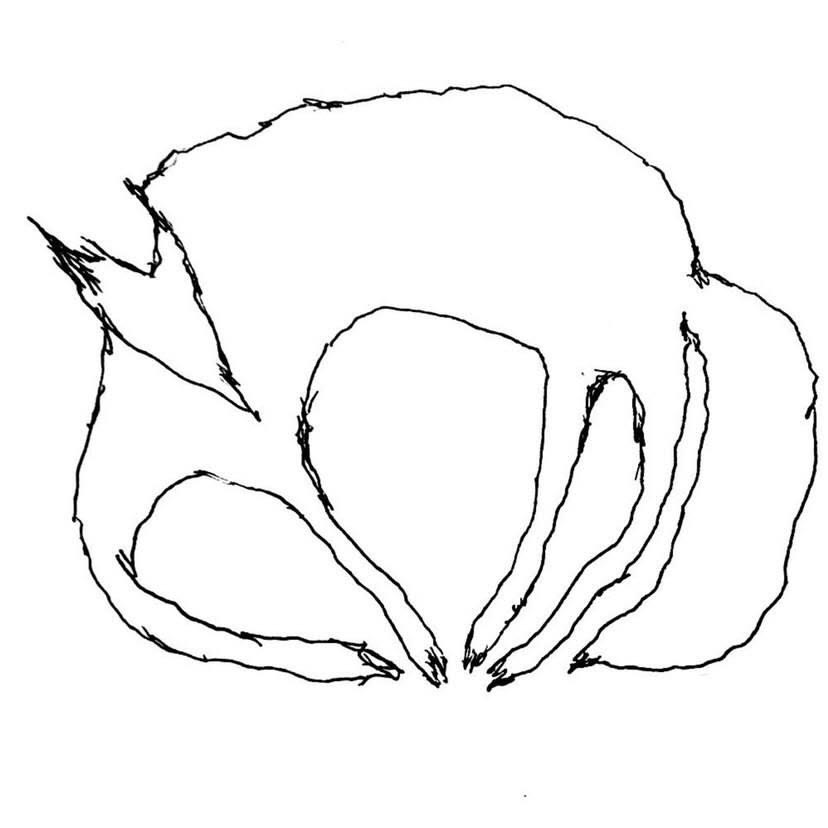Instagram account aims to showcase the people that surround us
While the new year has arrived and COVID-19 is still around, this hasn’t stopped people from being creative and showcasing for themselves through art.
More than ever, it has become important to shed light on multicultural artists that take part in our surroundings. This is precisely what the Instagram platform Underdog aims to do: to display the many people that represent Tiohtià:ke/Montreal.
The initiative was created by multimedia artist Haein Oh in 2018. The idea of founding her initiative came when she submitted some of her work to an exhibition at her university and they weren’t accepted. She later saw the artists that were selected for the art show, which clearly showed a lack of diversity.
An underdog is someone who is expected to lose. Hence, Haein Oh took the word as the name of her initiative as a way to uplift those who are less represented.
That’s when I realized that I could do my own thing,” said Oh. “To become a curator and show the works of people that aren’t presented enough.”
Oh had the opportunity to curate her first exhibition at her parents’ restaurant, Sushi QnQ, last February.
Underdog is also curated by Montreal-based interdisciplinary artist Joliz Dela Peña, who is originally from the Philippines. Dela Peña presented her art performance last September at the exhibition the “i” word that was curated by Oh and Olivier Stainvil in collaboration with Boiling Point, a collective of BIPOC artists. Stainvil is a graphic designer and photographer who also curates Underdog.
So far, the initiative has been well received. People on social media have been contributing in sharing their projects which gives them the opportunity to be seen.
Oh has been sharing a variety of content: from TikToks and Instagram stories of different people showing dances, cooking, sharing family stories.
I’m not very hungry for people to like me,” said Oh. “I’m more hungry for people to understand that there is a need for change.”
Despite Montreal being known for its diverse population, there is still a lack of representation from the mainstream media.
Oh wants to bring positivity to people. With how COVID-19 has impacted people in a meaningful way, she wishes to bring a sense of comfort.
“I don’t want Underdog to only address negative issues that are happening in our society,” she said. “Of course, it’s important. But I want to demonstrate that the Montreal community is filled with amazing people.”
Underdog also shares various fundraisers, such as an initiative that brings winter care packages to the homeless, created by Tessia Balenzano.
Recently, Oh has developed a new project calling out for people to share one or many recipes. This idea allows followers to discover new dishes to try and see the variety of food that is eaten in the city.
“Foodies call out” asks for the ingredients needed, a video demonstrating all the instructions to cook, and a picture of the final product, as well as an optional brief biography of the author with a short story that describes what is being cooked.
For instance, the first recipe was shared by Le, a student in Design at Concordia who shared a recipe for butter shrimp.
Another dish that was shared with the public was a rice congee, a type of rice porridge, added with radish kimchi, which was prepared by Montreal-based artist Banhmi.
“We have a few ideas for upcoming projects that we would like to create. We still have to see if they will be doable with COVID-19,” said Oh. “Overall, people have been very happy with the platform.”
In these future projects is the creation of a channel on Youtube (udd Tv) that will show a variety of people cooking.
The first video that has been uploaded is from Montreal-based artist Maruco who demonstrates how to prepare ram-don, a Korean noodle dish, inspired by Bong Joon-ho’s 2019 movie Parasite.
For the moment, Oh is focused on presenting the diversity that lives in the city.
Underdog is open for recipe submissions until Jan. 31 and can be sent by email to underdogmtl@gmail.com.
Photos courtesy of underdogmtl
